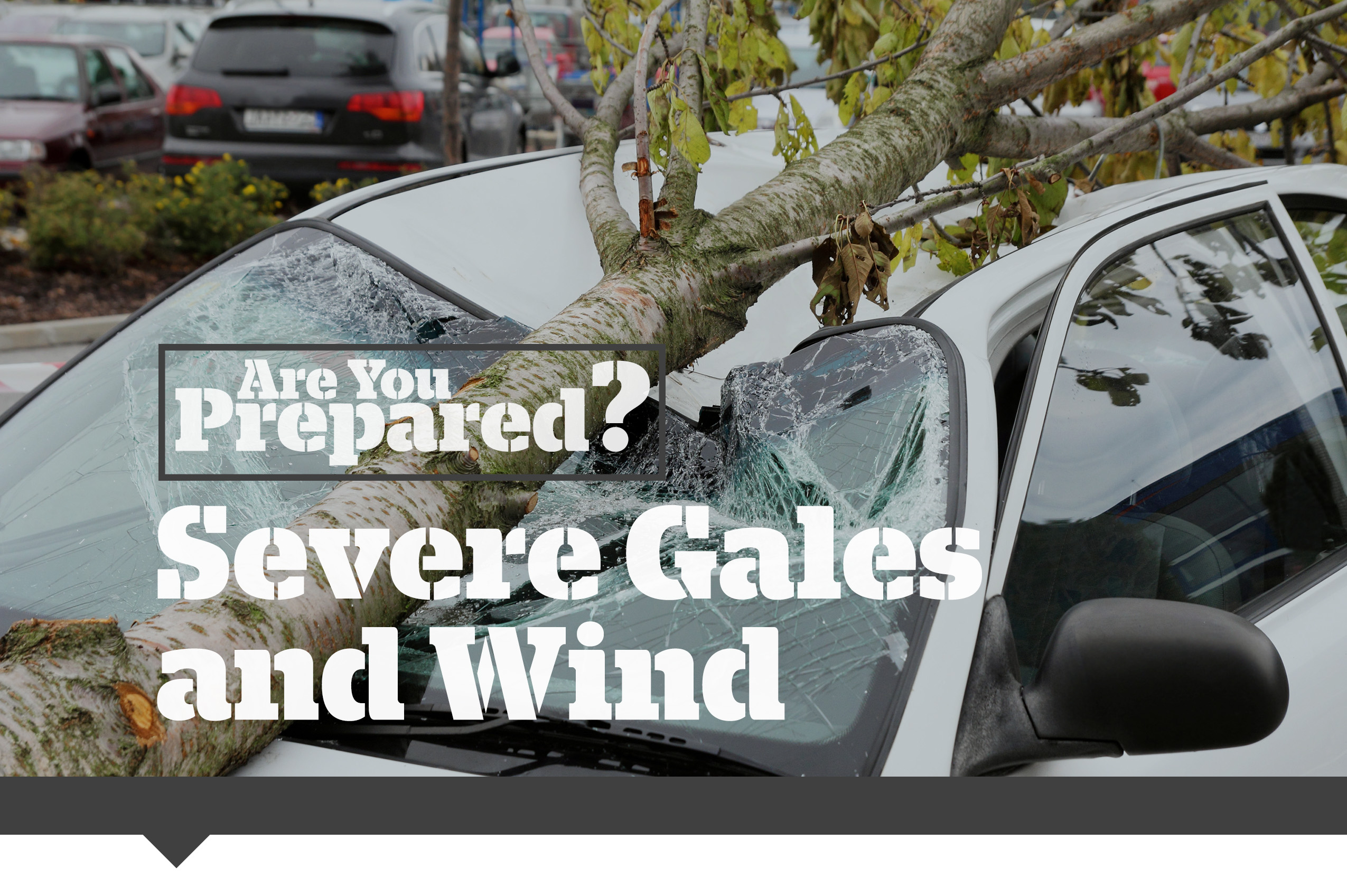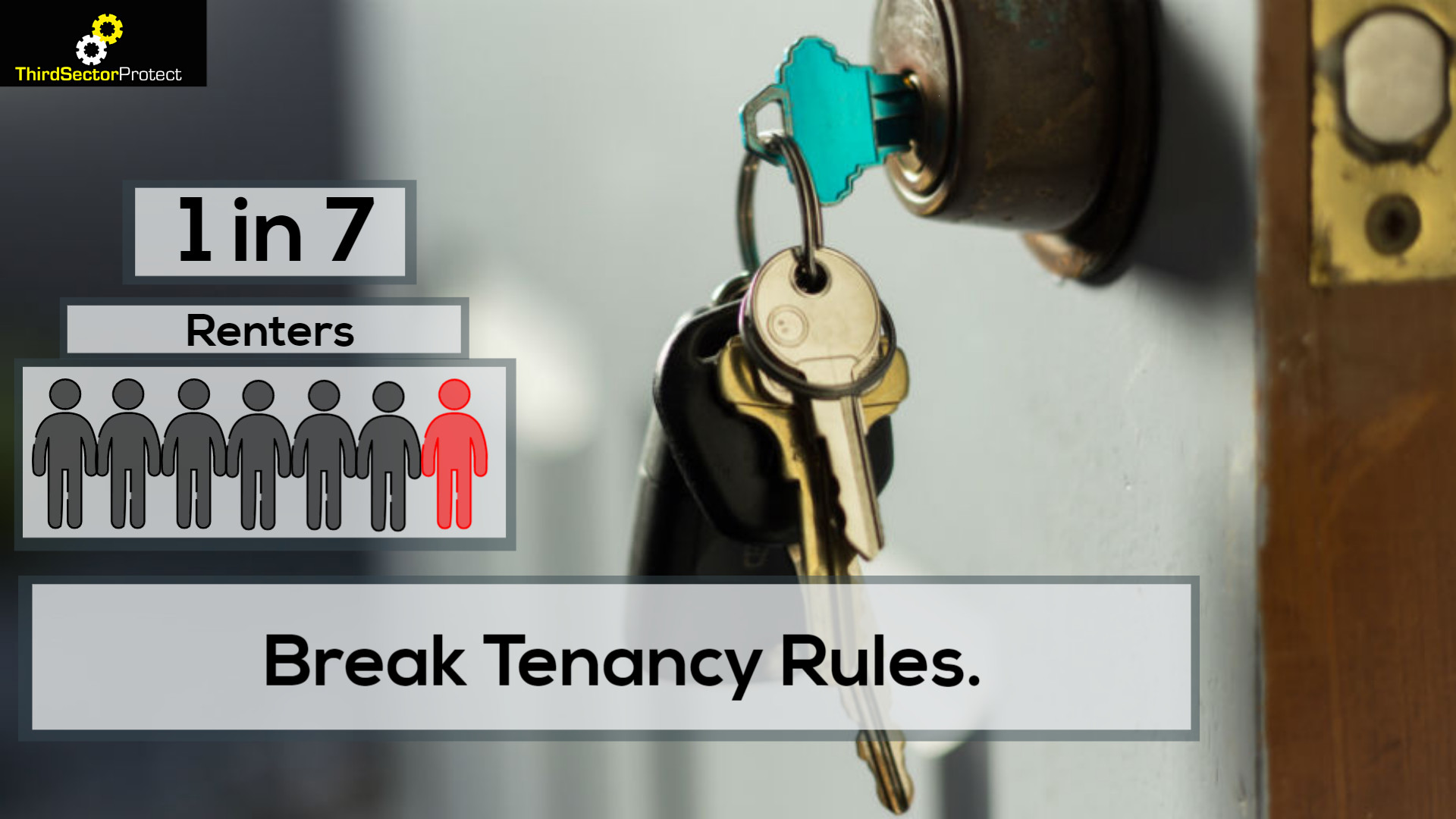
Property Owners: Winter Weather Liabilities
The winter months bring more than just cold weather, shorter days and winter storms full of ice and snow. And as a property manager or landlord, snow and ice poses a hazard with the potential for costly liability. Depending on the circumstances of the lease/tenancy agreement, a property manager or landlord possibly could be held responsible for the side effects of winter. To avoid winter injuries, it is important to know the terms of the lease/tenancy agreement and that both the property manager/landlord and tenants are vigilant in snow and ice removal efforts.
Recognising and Preventing Hazards
Winter brings a variety of hazards that you need to prepare for; however, slips and falls are by far the most common injury associated with winter weather conditions. Diligent snow and ice removal can go far in keeping passageways and car parks safe. Remove snow quickly after snowfalls, and grit regularly to keep ice from building up.
Winter hazards can also come from above. Icicles, along with other accumulations of frozen or heavy snow above passageways and building entrances, can cause serious injury if they fall on those below. Remove icicles and other build-up as soon as possible. If it still appears to present a hazard, consider rerouting foot traffic around the area.
Performing preventative maintenance in the summer and fall can also keep you prepared for winter storms. Make sure eaves are properly installed, and check that downspouts are aimed away from passageways. If eaves leak or downspouts direct water onto passageways, snow that melts in the heat of the day has the potential to freeze and create a hazard with cooler night-time temperatures.
Transferring Responsibilities to Tenants
To make sure responsibility is clearly established in this situation, the lease/tenancy agreement should include a provision citing the tenants as responsible for any snow and/or ice removal. It is important to be as specific as possible to avoid any unnecessary liability.
Snow Clearing Services
Based on the number of properties you manage or own and the average snowfall, you may want to contract out a snow clearing service to an independent company. While this can save you the time and costs associated with managing snow removal yourself, you should choose wisely to avoid complicating matters. Make sure the service has sufficient resources to meet your demands. It is important that they can be onsite quickly after a snowfall to make sure passageways and parking areas are cleared. They should have the equipment and manpower to finish the task quickly to reduce any disruption to tenants’ lives or businesses.
Be sure to specify the conditions and time constraints for removal in writing. When contracting any service, have a written contract that will guarantee you receive the services you pay for. Pick a reputable company that you can trust to do a good job, and always have a plan of action for removal if they are unable to complete the work as quickly or effectively as you require.
For more guidance, contact NC Insurance today.






